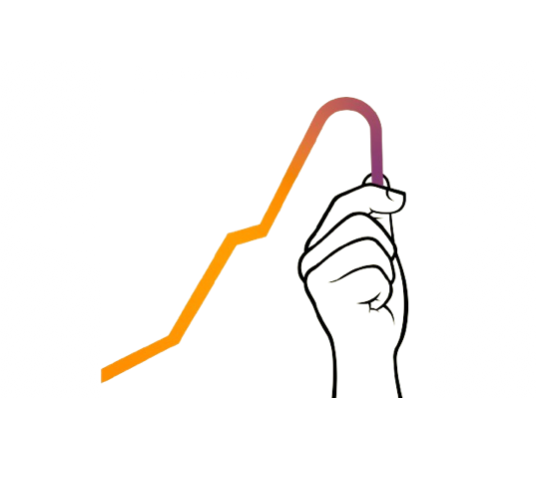The most common thing that we tend to see and use on an everyday basis are articles made of plastic, like bags, water bottles, kitchen appliances, etc. We had been using plastic bags as a free and easy solution for carrying out our shopping needs but it was not until 2015 that we realized the multiple ways in which plastic harms us and our environment. They are made from crude oil which emits great amounts of pollution and makes the product non-biodegradable. Some websites concerned with the natural environment have also claimed that it takes over 400 years for a bag to biodegrade! Can you imagine the impact of millions of similar plastic bags on nature? To address this very issue, in 2016 the government notified the Plastic Waste Management Rules that would supersede the 2011 rules. These rules were extended to the village level to ensure its success at the grass-root level where its use is more dominant and popular. These waste management rules aimed at increasing the minimum thickness of plastic bags from the original 40 to 50 microns and a stipulation of 50-micron thickness to encourage the collection and its recycling. Besides this, it also aimed to introduce the ‘collect back system’ by the owners and producers as their extended responsibility. Because an eco-friendly substitute for plastic has not been found in all uses, a complete ban all over the country is not entirely possible or practical. So the real challenge remains to improve and encourage plastic waste management systems.
New features introduced in Plastic Waste Management Rules, 2016
The rural areas had been brought into the limelight to increase awareness and stop the spread of plastic use and therefore the responsibility of good implementation was in the hands of the Gram Panchayat. Also, Individuals and bulk users like commercial establishments, big industries were required to segregate plastic waste at its source, handover this segregated waste, and pay the required user fee imposed by the local bodies. Event managers had been made responsible for managing waste that is generated at their events like marriages, business meetings, any social events, etc. Provisions had been made to collect plastic sheets and take them to recycling facilities used for packaging and wrapping products. To curb the manufacturing of plastic bags bottles and sheets in unorganized sectors, producers were made to maintain a record of their vendors. It was also made sure that plastic carry bags will only be available with vendors who had pre-registered with local bodies after making a payment of a fee (₹ 48,000, ₹4000 per month) as the registration fee and the amount thus generated would be used for waste management. The Central pollution control board was mandated for formulating the guidelines of thermoset plastic (difficult to recycle) and street vendors were assigned with the responsibility of not selling products in plastic bags that do not conform to the rules, on the violation of which they would have to pay fines. The local body was required to utilize the amount paid by buyers for carrying bags primarily for the sustainability of the management of plastic waste within their jurisdiction.

Unpacking the Global Resource Outlook 2024
In an era where the echoes of sustainability resonate more profoundly than ever, a group of determined interns—Aarav, Razia Karim, Diksha Yadav, Washim Ahmed, Sanjana, and Godavari—have embarked on a crucial mission. Their goal: to decode the dense scientific discourse of the Global Resource Outlook 2024 into a language that speaks directly to the heart of our communities. This document, a pivotal analysis of our planet’s resource use, calls for an urgent shift towards sustainable practices to address the pressing crises of climate change, biodiversity loss, and pollution. By translating these insights into accessible knowledge, our interns aim to ignite a movement towards sustainability, fostering community engagement, influencing behavioral change, and advocating for policies that protect our natural world. Join us on this journey of discovery, learning, and action as we strive towards a sustainable and equitable future for all.
